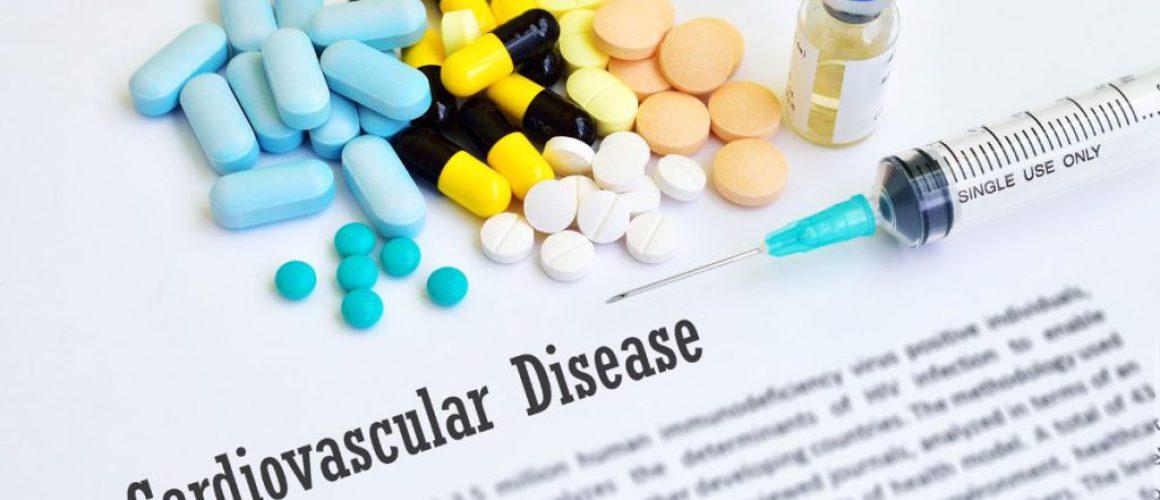Biochemical aspects of cardiovascular diseases
Table of Contents
Key Summary Table: Cardiovascular Diseases
| Aspect | Description |
|---|---|
| Definition | Cardiovascular diseases refer to a group of disorders affecting the heart and blood vessels. |
| Biological Factors | High blood pressure, high cholesterol levels, diabetes, age, and sex. |
| Lifestyle Factors | Smoking, unhealthy diet, physical inactivity, excessive alcohol consumption, and obesity. |
| Biochemical Markers | Troponin, creatine kinase, and others used for diagnosing and monitoring. |
| Role of Biochemistry | Understanding molecular mechanisms, identifying potential drug targets, developing diagnostic tests. |
Diving headfirst into the world of cardiovascular diseases might seem as daunting as a Monday morning run. But, fear not! We’re about to unravel the biochemical aspects of these conditions, making them as easy to understand as your favorite Netflix series. Stay tuned!
Biochemistry is the science of life. All our life processes – walking, talking, moving, feeding – are essentially chemical reactions. So biochemistry is actually the chemistry of life, and it’s supremely interesting.
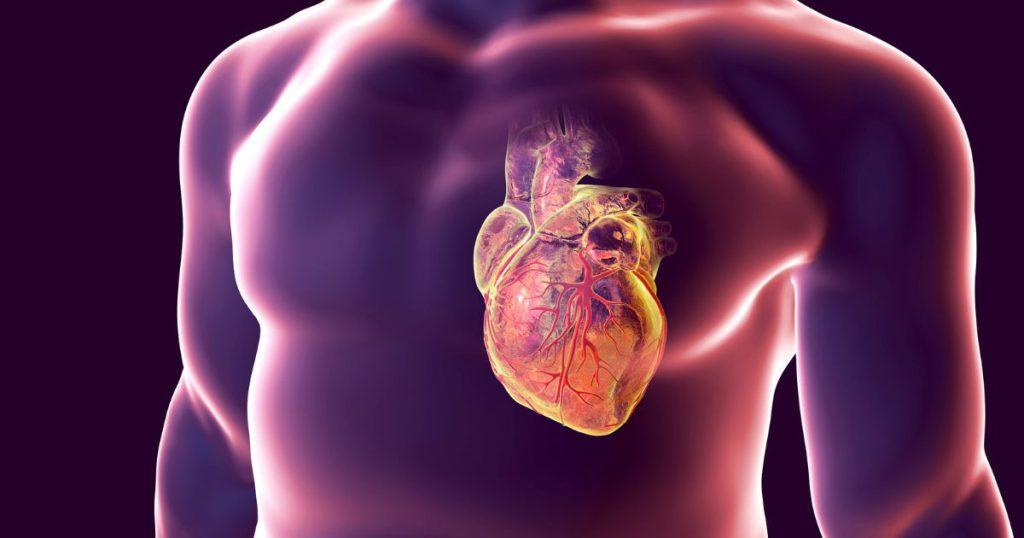
Introduction
Let’s dive into the fascinating world of biochemistry and explore its profound impact on cardiovascular diseases. As we embark on this journey, we’ll uncover the intricate connections between biochemistry and cardiovascular diseases, shedding light on how our understanding of these complex processes can help us combat these conditions. So, buckle up and get ready for an exciting exploration into the heart of biochemistry and cardiovascular diseases.
Understanding Biochemistry
Before we delve into the heart of the matter, let’s take a moment to understand what biochemistry is all about. Biochemistry, at its core, is the study of the chemical processes that occur within living organisms. It’s the science that helps us understand how our bodies function at a molecular level, from the metabolism of food to the replication of our DNA. By studying biochemistry, we can gain insights into the mechanisms of life itself, and how these processes can sometimes go awry, leading to diseases like cardiovascular diseases.
Important Biochemical Processes
- Digestion of food
- Oxygen transport
- Energy production
- Cell growth and division
- Detoxification of waste products
In the context of cardiovascular diseases, biochemistry provides us with the tools to understand the underlying mechanisms of these conditions. It allows us to delve deep into the molecular processes that contribute to the development and progression of cardiovascular diseases, offering us a unique perspective on these complex conditions.
Key Concepts in Biochemistry
| Concept | Description |
|---|---|
| Metabolism | The chemical reactions that convert food into energy and other necessary substances. |
| DNA Replication | The process by which DNA makes a copy of itself during cell division. |
| Protein Synthesis | The process by which cells make proteins. |
| Enzyme Action | The process by which enzymes catalyze chemical reactions in the body. |
The Role of Biochemistry in Our Bodies
Biochemistry is not just a subject in our textbooks, it’s a vital process happening within us every second. Every breath we take, every beat of our heart, every thought we have – all of these are underpinned by biochemical processes. From the oxygen we breathe to the nutrients we consume, biochemistry is involved in every aspect of our lives.
In the context of cardiovascular diseases, biochemistry plays a crucial role. It helps us understand how our heart and blood vessels function, how blood flows through our bodies, and how changes in these processes can lead to cardiovascular diseases. By understanding these biochemical processes, we can gain a deeper understanding of cardiovascular diseases and how to combat them.
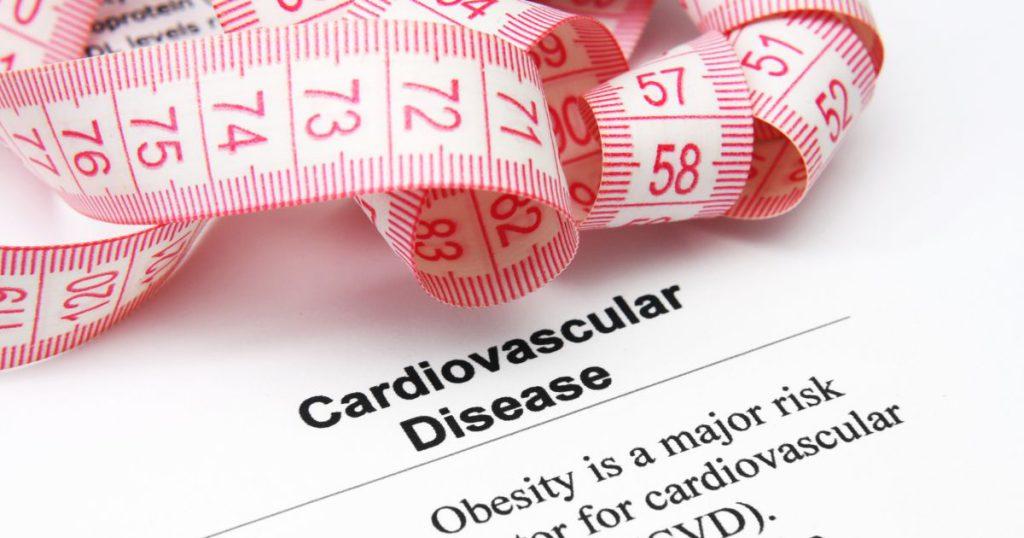
Cardiovascular Diseases: A Brief Overview
Now that we’ve grasped the basics of biochemistry, let’s shift our focus to cardiovascular diseases. What is an aspect of cardiovascular disease? Cardiovascular diseases are a group of disorders that affect the heart and blood vessels. They include conditions like coronary artery disease, heart failure, and stroke. These diseases are among the leading causes of death worldwide, making them a significant public health concern.
Symptoms of Cardiovascular Diseases
- Chest pain or discomfort
- Shortness of breath
- Pain, numbness, weakness, or coldness in your legs or arms
- Pain in the neck, jaw, throat, upper abdomen, or back
Cardiovascular diseases are complex and multifactorial, meaning they are influenced by a variety of factors. These include genetic factors, lifestyle choices, and underlying conditions like diabetes and hypertension. Understanding these factors is crucial in the prevention and treatment of cardiovascular diseases.
Common Types of Cardiovascular Diseases
| Disease | Description |
|---|---|
| Coronary Artery Disease | Disease of the blood vessels supplying the heart muscle. |
| Heart Failure | A condition where the heart doesn’t pump blood as well as it should. |
| Stroke | A disease that affects the arteries leading to and within the brain. |
| Hypertensive Heart Disease | Heart disease caused by high blood pressure. |
Biological Factors of Cardiovascular Disease
When we talk about cardiovascular diseases, it’s crucial to understand the biological factors that contribute to these conditions. What are biological factors of cardiovascular disease? These are factors that are inherent to our biology, such as our genetics and physiology. They include aspects like our genetic predisposition to certain conditions, our age, and our sex.
Lifestyle Factors Contributing to Cardiovascular Diseases
- Smoking
- Unhealthy diet
- Physical inactivity
- Excessive alcohol consumption
- Obesity
What are 3 biological risk factors? Some of the key biological risk factors for cardiovascular diseases include high blood pressure, high cholesterol levels, and diabetes. What are 4 factors that contribute to cardiovascular disease? In addition to the biological risk factors, lifestyle factors like smoking, unhealthy diet, physical inactivity, and excessive alcohol consumption also contribute to cardiovascular diseases. What are the biological factors 5? The fifth biological factor that can contribute to cardiovascular diseases is obesity, which can increase the risk of heart disease and stroke.
Biological Risk Factors for Cardiovascular Diseases
| Risk Factor | Description |
|---|---|
| High Blood Pressure | Chronic elevated blood pressure increases the strain on the heart and blood vessels. |
| High Cholesterol Levels | Excess cholesterol can form plaques in the arteries, reducing blood flow. |
| Diabetes | High blood sugar levels can damage blood vessels and nerves that control the heart. |
| Age | Risk of cardiovascular diseases increases with age. |
| Sex | Men are generally at greater risk of cardiovascular diseases, though women’s risk increases after menopause. |
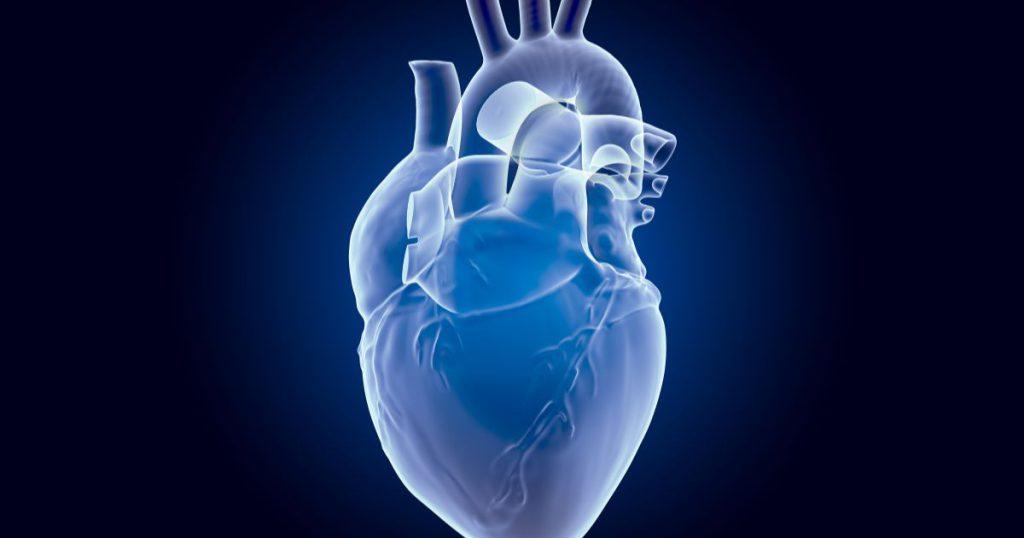
The Biochemical Connection to Cardiovascular Diseases
You might be wondering, what does biochemistry have to do with cardiovascular diseases? Let’s unravel this connection. Biochemistry provides us with the tools to understand the molecular mechanisms underlying cardiovascular diseases. It allows us to delve deep into the processes that occur within our cells and tissues, helping us understand how these processes can contribute to the development and progression of cardiovascular diseases.
What is CVD in biochemistry? In biochemistry, CVD refers to cardiovascular diseases, a group of conditions that affect the heart and blood vessels. By studying the biochemistry of these conditions, we can gain insights into their underlying mechanisms, helping us develop more effective treatments and prevention strategies.
Biochemical Markers in Cardiovascular Diseases
In the realm of medical technology, biochemical markers play a crucial role in diagnosing and monitoring cardiovascular diseases. These markers are substances in the body that can be measured to assess the presence or severity of a disease. What is the biochemical diagnosis of heart disease? In the case of heart disease, biochemical markers like troponin and creatine kinase can be measured to diagnose a heart attack.
These markers can provide valuable information about the state of our heart and blood vessels, helping doctors make accurate diagnoses and monitor the effectiveness of treatments. By understanding these biochemical markers, we can gain a deeper understanding of cardiovascular diseases and how to combat them.
How Biochemistry Can Help in the Fight Against Cardiovascular Diseases
Armed with our understanding of biochemistry, how can we use this knowledge to combat cardiovascular diseases? Biochemistry provides us with the tools to understand the underlying mechanisms of these conditions, allowing us to develop more effective treatments and prevention strategies.
By studying the biochemistry of cardiovascular diseases, we can identify potential targets for new drugs, develop diagnostic tests, and understand the effects of lifestyle changes on our heart and blood vessels. Through this understanding, we can take a proactive approach to our heart health, reducing our risk of cardiovascular diseases and improving our overall health.
The heart is the body’s engine room, responsible for pumping life-sustaining blood via a 60,000-mile-long (97,000-kilometer-long) network of vessels.
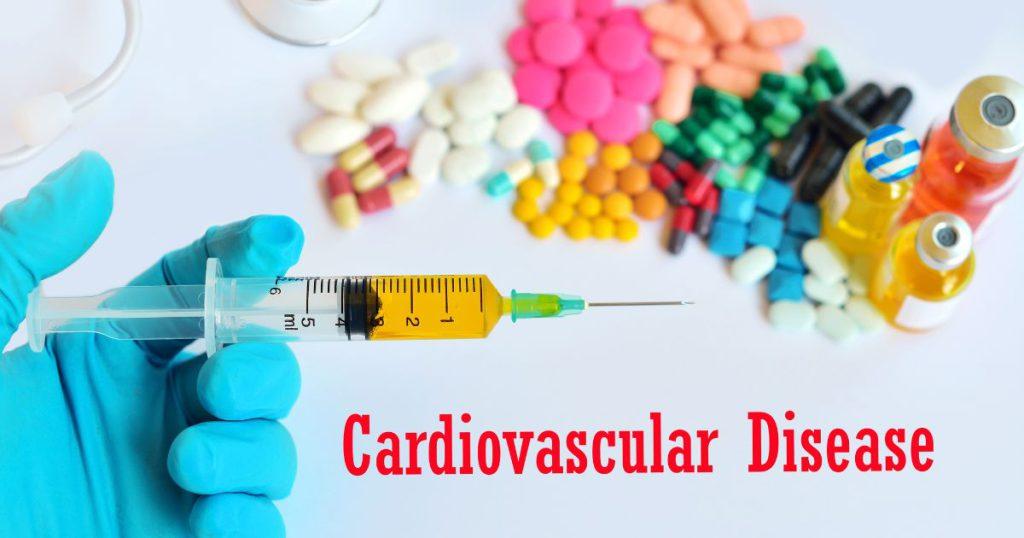
Conclusion
As we journey through the intricate world of biochemistry, it’s clear to see its profound influence on cardiovascular diseases. From understanding the underlying mechanisms to developing new treatments, biochemistry provides us with the tools to combat these conditions. So, whether you’re a medical technology student or just someone interested in understanding more about your heart health, I hope this exploration of the biochemical aspects of cardiovascular diseases has been enlightening.
Disclaimer: This article is intended for informational purposes only and does not constitute medical advice. Always consult with a healthcare professional for medical advice.
For more insights into the world of biochemistry, feel free to explore the Biochemistry category on my blog. Also see my index page on Biochemistry
See also my other posts: Cancer metabolism and metabolic reprogramming and Biochemical basis of endocrine disorders
Frequently Asked Questions
What are biological factors of cardiovascular disease?
Biological factors of cardiovascular disease are inherent aspects of our biology that contribute to these conditions. These include our genetics, age, sex, and physiological characteristics. For instance, certain genetic predispositions, high blood pressure, high cholesterol levels, and diabetes are all biological factors that can increase the risk of developing cardiovascular diseases.
What is the biochemical diagnosis of heart disease?
The biochemical diagnosis of heart disease often involves the measurement of certain biochemical markers in the body. These markers, such as troponin and creatine kinase, can indicate damage to the heart muscle, such as that which occurs during a heart attack. By measuring the levels of these markers, healthcare professionals can diagnose heart disease and monitor its progression.
What is CVD in biochemistry?
In biochemistry, CVD refers to cardiovascular diseases. These are a group of conditions that affect the heart and blood vessels. Biochemistry provides the tools to understand the molecular mechanisms underlying these diseases, which can help in the development of more effective treatments and prevention strategies.
What is an aspect of cardiovascular disease?
An aspect of cardiovascular disease refers to any characteristic or feature of these conditions. This can include symptoms, risk factors, underlying mechanisms, treatment options, and prevention strategies. For example, one aspect of cardiovascular disease could be the role of high cholesterol levels in contributing to the development of these conditions.
What are biological factors of disease?
Biological factors of disease are aspects of our biology that can contribute to the development of diseases. These can include genetic predispositions, age, sex, and physiological characteristics. For example, having a family history of a certain disease (a genetic predisposition), being of a certain age or sex, or having certain physiological characteristics (like high blood pressure) can all be biological factors that increase the risk of disease.
What are 3 biological risk factors?
Three biological risk factors for disease could include high blood pressure, high cholesterol levels, and diabetes. These are all conditions that can increase the risk of developing various diseases, including cardiovascular diseases.
What are 4 factors that contribute to cardiovascular disease?
Four factors that contribute to cardiovascular disease could include high blood pressure, high cholesterol levels, smoking, and physical inactivity. These are all factors that can increase the risk of developing cardiovascular diseases.
What are the biological factors 5?
The fifth biological factor that can contribute to cardiovascular diseases is obesity. Obesity can increase the risk of heart disease and stroke, making it a significant biological factor in the development of cardiovascular diseases.
Further reading
Cardiovascular disease: Biochemistry to behaviour
Sean Schepers is a third-year Medical Technology student at Mahidol University with a passion for all things health and medicine. His journey into the world of medicine has led him to explore various fields. Sean's blog posts offer a unique perspective, combining his academic insights with personal experiences. When he's not studying or blogging, Sean enjoys keeping up with politics and planning his future career in medicine.
In addition to his studies, Sean serves as the chairman of the Rights, Liberties, and Welfare Committee, a role that reflects his commitment to advocacy and social justice. Beyond his academic pursuits, Sean offers tutoring services in English and Biology, further demonstrating his dedication to education and mentorship. His journey is one of continuous discovery, and he invites others to join him as he explores the dynamic and transformative world of medical technology.

